The number of positive Covid cases across Tayside and Fife is finally falling for the first time since the new wave hit Scotland.
Dundee City, Angus, Perth and Kinross, and Fife all saw decreases in positive case numbers in the week ending July 15.
It’s the first time this has happened since a new Covid wave last month.
Dundee saw the most dramatic decline with 253 people testing positive between July 9 and 15. This is a decrease of -40.2% compared to the previous seven days.
The week before, the city had seen an increase in case numbers.
In Angus, positive cases were down -18.7%, with 279 people confirming a positive test result.
Perth and Kinross saw a decrease of -34.7%: 341 people in the region tested positive between July 9 and 15.
And in Fife, positive cases are down by -24.4%, with 938 people testing positive, compared with 1,237 the week before.
What are the national figures?
While numbers across Tayside and Fife are dropping, the national statistics paint a different picture.
Across Scotland, one in 15 tested positive for the virus in the week ending July 14, according to the Office for National Statistics.
The estimated number of people testing positive for Covid-19 in Scotland was 340,900, meaning 6.48% of the population tested positive between July 8 and 14.
In England, one in 17 tested positive the same week. The figures were also one in 17 in Wales and one in 20 in Northern Ireland.
It means Scotland still has the largest estimated average ratio of the population testing positive for Covid-19 last week.
What is the latest Covid news?
Last week, the Scottish Government announced plans for the autumn/winter booster vaccine programme, which will see those most vulnerable to Covid get another jab.
The move means everyone aged 50 and over, care home residents, frontline health and social care workers and those aged five to 49 with medical conditions that put them at risk will receive a booster.
If you’re eligible, you should receive a letter later in the year with information about your appointment. Those most vulnerable will be prioritised.
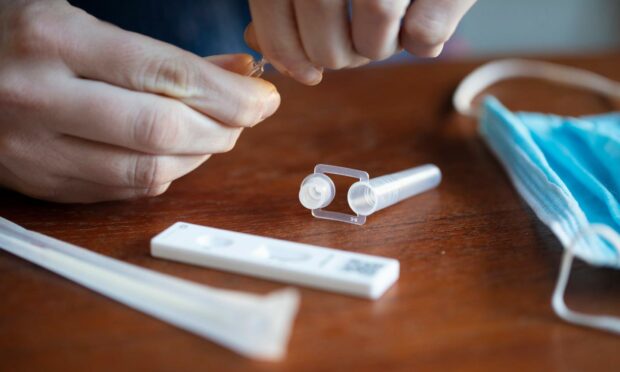
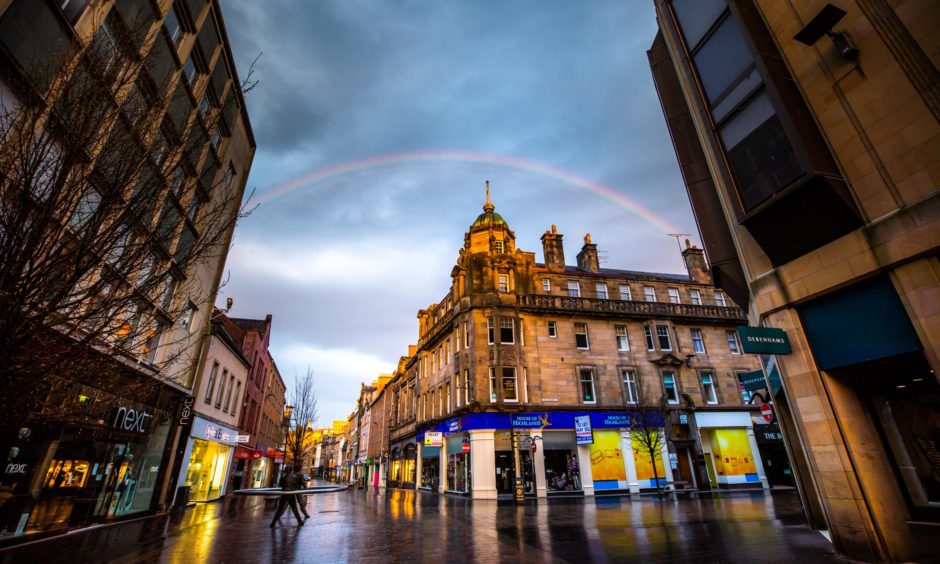
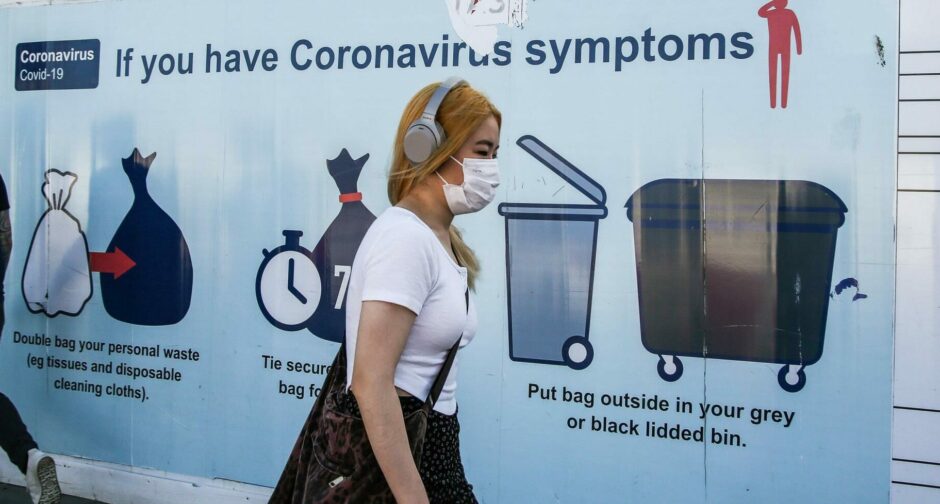
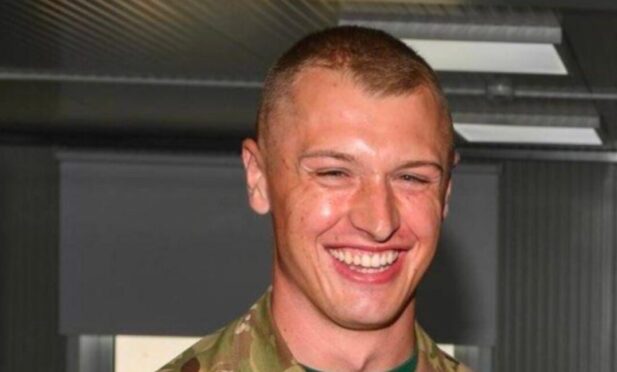
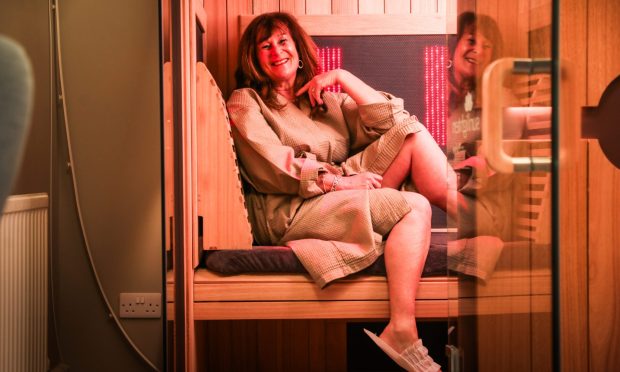


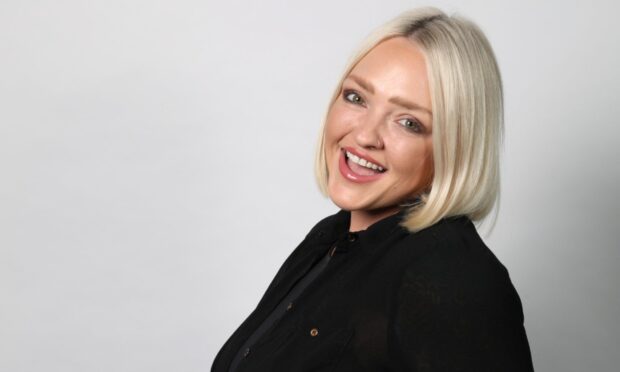





Conversation